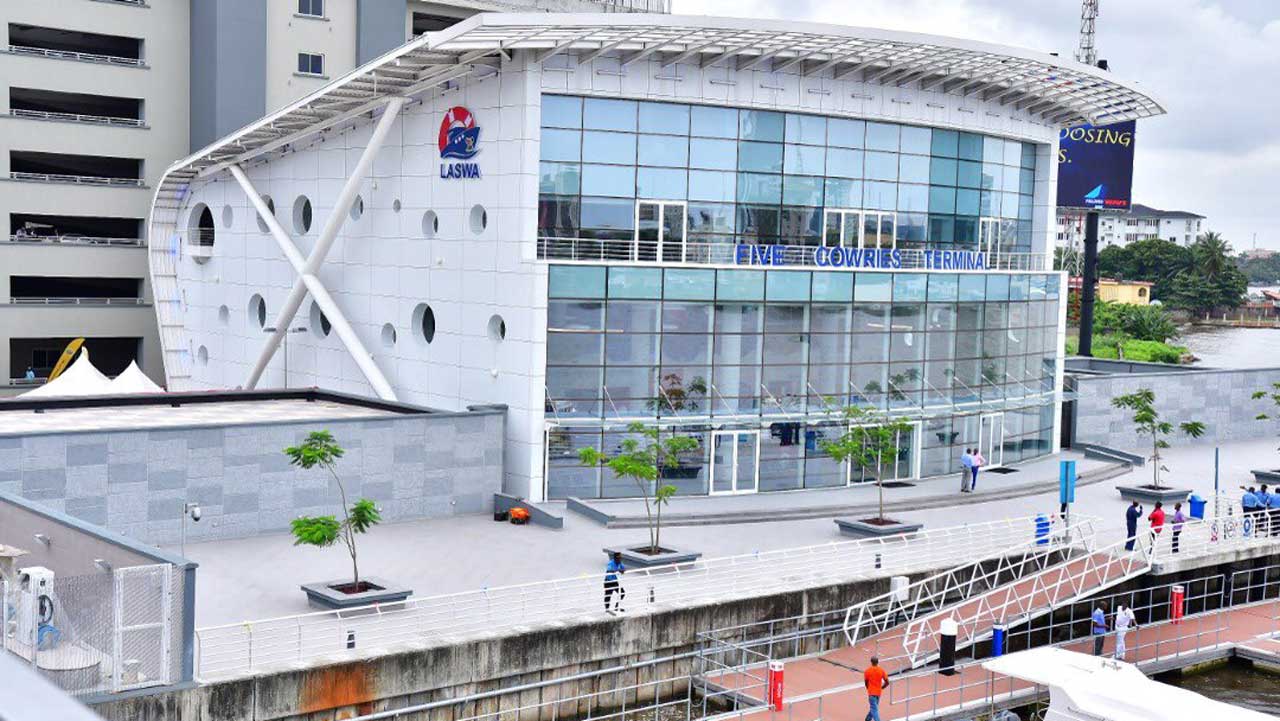Stakeholders call for strict enforcement
The newly-introduced Nigerian Insurance Industry Reform Act (NIIRA) 2025 has replaced the controversial long-standing practice of container deposit fund collected by foreign shipping lines with a mandatory container insurance policy, imposing over N1 million fine for non-compliance.
The NIIRA Act, signed by President Bola Tinubu, seeks to eliminate the deposit fee system, with full implementation of the container insurance law expected to commence in January 2026.
For years, stakeholders had expressed frustration over the container deposit refunds, calling for a comprehensive overhaul of the system to protect Nigerian importers and freight forwarders from what they described as exploitative practices by foreign shipping lines.
The Nigerian Shippers’ Council (NSC) had disclosed that it recovered over N62.8 million and $15,964 in the first quarter of 2025, following successful interventions on 41 complaints bordering on container deposit refunds, arbitrary charges, demurrage and related port service issues.
In the second quarter of 2025, the council said that it recovered over N175.8 million and $30,000 through its interventions on 40 complaints.
Although shipping companies claimed that some shippers and freight forwarders fail to return empty containers when due, while some do not return them at all, just as others return them damaged, prompting the shipping firms to withhold the refund.
Under Section 203 of the NIIRA Act, no person shall be required to make any form of deposit in respect of the usage of a container to deliver goods from the ports to any destination within Nigeria.
The act also stated that an importer, broker or agent shall effect an appropriate insurance cover in respect of the container to deliver the goods to be issued by a licensed insurer registered in Nigeria under the act to protect the interest of the ship liners or owners.
According to the act, any person who acts otherwise than in compliance with the provisions of the section commits an offence and is liable on conviction to a fine of at least N1 million.
At a recent stakeholders’ engagement, the Nigerian Association of Chambers of Commerce, Industry, Mines and Agriculture (NACCIMA) called on maritime stakeholders to champion the implementation of the new container insurance policy, describing it as a reform that would eliminate the controversial container deposit system.
President of the Shippers Association of Lagos State (SALS), Nicodemus Odolo, said shippers should never have been paying container deposit fees in the first place.
He noted that while the removal of the charges appears favourable, the transition to an insurance-based regime may introduce fresh challenges and inadvertently create opportunities for abuse, if not properly regulated.
Odolo warned that without strong checks and accountability measures, the new framework might encourage negligence among importers and transporters, as some may opt to pay insurance premiums while failing to return empty containers.
The SALS boss also identified truckers as the most common source of container loss or diversion, noting that some divert empty containers after discharge.
Odolo urged port users to ensure the timely return of containers to designated depots to avoid being blacklisted, while seeking industry-wide collaboration and stricter enforcement mechanisms.
The Secretary General of the National Council of Managing Directors of Licensed Customs Agents (NCMDLCA), Festus Ukwu, proposed that all discharged containers be returned through a unified container deposit centre, from where they would be loaded onto vessels heading back to their countries of origin.
Ukwu also revealed ongoing stakeholder efforts to end the practice of collecting refundable container deposits from importers and freight agents.
“If it is insured and the container goes back and gets to them, there’s no need to collect container deposits. The truth is, most times, these shipping companies don’t return the money. They find one trick or another to exhaust the entire deposit,” Ukwu said.






